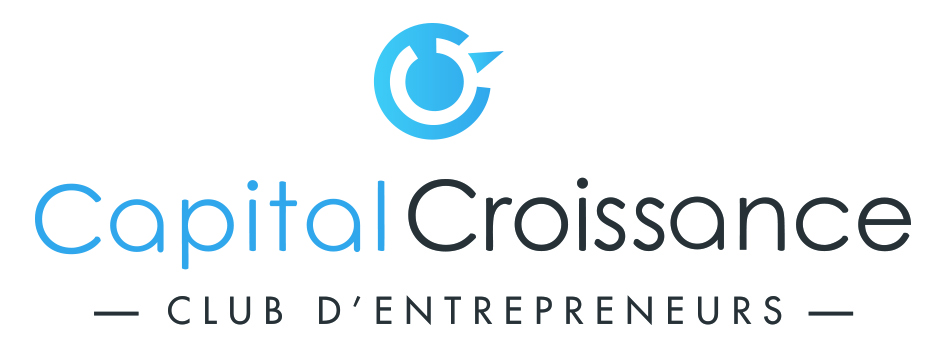

Capital Croissance

1.6
Île-de-France, France
November 2025
Equity investing - Developed Markets
Service with Minor Environmental Footprint
France
Capital Croissance est une société de gestion de capital-investissement avec 950 M€ d’actifs sous gestion. L’équipe a investi des tickets entre 500 000 euros et 50M€ dans des start-ups à impact, des PME et des ETI non cotées, lors d’opérations de capital-risque, de réorganisation du capital et de capital-développement. Capital Croissance gère près de 70 participations en portefeuille aujourd’hui et se positionne comme un partenaire de proximité des équipes de management pour leur permettre de concrétiser leurs ambitions. Nous accordons collectivement une importance particulière à la prise en compte des problématiques sociales et environnementales dans l’ensemble des stratégies d’investissement. La raison d’être, inscrite dans les statuts, reflète cette volonté forte : « Nous nous investissons aux côtés d’entrepreneurs et de familles dans des sociétés de croissance que nous accompagnons avec engagement vers une performance plus durable et partagée. Nous sommes animés par une exigence d’exemplarité en matière d’éthique et de responsabilité sociétale et sommes attachés à l’épanouissement de nos collaborateurs. » ***English version*** Capital Croissance is a private equity investment management firm with €950 million in assets under management. The team invests €500,000 to €50 mill
Overall B Impact Score
Governance 17.2
Governance evaluates a company's overall mission, engagement around its social/environmental impact, ethics, and transparency. This section also evaluates the ability of a company to protect their mission and formally consider stakeholders in decision making through their corporate structure (e.g. benefit corporation) or corporate governing documents.
What is this? A company with an Impact Business Model is intentionally designed to create a specific positive outcome for one of its stakeholders - such as workers, community, environment, or customers.
Workers 29.6
Workers evaluates a company’s contributions to its employees’ financial security, health & safety, wellness, career development, and engagement & satisfaction. In addition, this section recognizes business models designed to benefit workers, such as companies that are at least 40% owned by non-executive employees and those that have workforce development programs to support individuals with barriers to employment.
Community 19.7
Community evaluates a company’s engagement with and impact on the communities in which it operates, hires from, and sources from. Topics include diversity, equity & inclusion, economic impact, civic engagement, charitable giving, and supply chain management. In addition, this section recognizes business models that are designed to address specific community-oriented problems, such as poverty alleviation through fair trade sourcing or distribution via microenterprises, producer cooperative models, locally focused economic development, and formal charitable giving commitments.
Environment 9.3
Environment evaluates a company’s overall environmental management practices as well as its impact on the air, climate, water, land, and biodiversity. This includes the direct impact of a company’s operations and, when applicable its supply chain and distribution channels. This section also recognizes companies with environmentally innovative production processes and those that sell products or services that have a positive environmental impact. Some examples might include products and services that create renewable energy, reduce consumption or waste, conserve land or wildlife, provide less toxic alternatives to the market, or educate people about environmental problems.
Customers 35.4
Customers evaluates a company’s stewardship of its customers through the quality of its products and services, ethical marketing, data privacy and security, and feedback channels. In addition, this section recognizes products or services that are designed to address a particular social problem for or through its customers, such as health or educational products, arts & media products, serving underserved customers/clients, and services that improve the social impact of other businesses or organizations.
What is this? A company with an Impact Business Model is intentionally designed to create a specific positive outcome for one of its stakeholders - such as workers, community, environment, or customers.